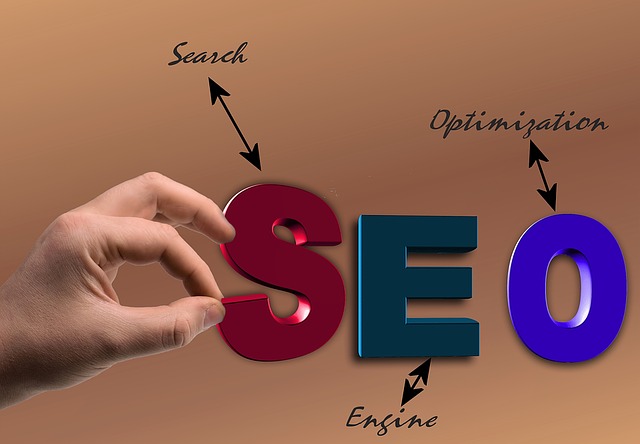No one should question the power or popularity of WordPress. By the numbers, it is one of the biggest and most common platforms in the industry. Did you know, for example, that there are 60 million installations of WordPress on the Web? What about the fact that 50% of sites in the top million for traffic with a CMS use WordPress? These are impressive statistics, and it is no wonder entrepreneurs and businesses turn to the platform.
However, these figures don’t address the specific concerns which an eCommerce site has. Let’s face it – because it has fancy themes doesn’t mean it is going to make money. If you don’t believe that, below are the reasons it is true. Here’s what you need to know about WordPress and eCommerce.
It Is Not Secure
Let’s clarify this statement because WordPress does have security features to keep hackers at bay. The reason it is not as safe as other platforms is it is under constant attack. Because of its popularity, digital thieves find it easier to target these sites than any other. For one thing, they know it inside and out due to its status and reputation. Also, there is the fact that anyone can sign up for free and analyze the software. By doing this, hackers can easily find the best backdoors into a site. With a personalized site, this is not an option. A company that builds customized small business websites creates ones which are unique and hard to replicate. Plus, it is simpler to add security conscience features when you are in control of the design process. For an eCommerce platform, top-class online security is a basic fundamental.
There Is Downtime
The last thing any eCommerce owner wants is for the site to go offline. Simply put, the longer it isn’t online, the more money you stand to lose. And, WordPress sites and blogs do suffer from downtime every now and again. Why? It’s because of a bandwidth issue. Because an eCommerce site has to deal with hundreds to thousands of requests, the server can crash. Indeed, it isn’t only your site which it affects. WordPress has a variety of servers which host tons of different websites, and their requests impact you. If there is a huge amount of traffic at one time, the site will crash and stay offline for the foreseeable future. Another pitfall is the fact that you can’t fix the issue. A customized site is your problem, which means it is your responsibility to solve the problem.
It Isn’t Free
So what if it costs money? Buying a website isn’t free either? That is true, but there is a lot more freedom when you invest in a customized site. For example, you can fit it with the widgets and themes which you deem appropriate. With WordPress, you are at the mercy of the developers who come up with new ideas and upgrades. Also, you can tweak a site to be compatible with all platforms, which is a lot harder with WordPress. In this era, an eCommerce site must work on mobile devices as they count for 33% of online transactions. And, don’t forget about growth. WordPress is good now, but your needs will outstrip the platform in the future. As a rule, if you are going to pay, you are better off paying for a superior product.
SEO Argument
Some people think WordPress is great for SEO, while other disagree. The debate focuses on the flexibility aspect of the platform. Although search engine optimization is difficult with the basic format, there are plugins such as Yoast which will help. However, this has two downsides. The first is that you have to add additional plugins to rank highly on Google and other search engines. Not only is this more hassle, but it adds to the bandwidth and downtime problem. Secondly, custom sites don’t have this issue whatsoever. By creating one from scratch, it is a simple process to optimize the site and content. If you want people to view your products, SEO is the best tool at your disposal.
Updates Aren’t Great
Going back to the topic of security, updates are essential to fix bugs and close off insecure gateways. However, there is a problem with adding new updates. The advanced version of your site might not work as well with regards to plugins and features. If the code is not well written, the social media widgets, for instance, could go haywire. From a customer’s point of view, this is a massive turn-off.
Although WordPress has pros and cons, the negatives tend to outweigh the positives.




No comments yet.